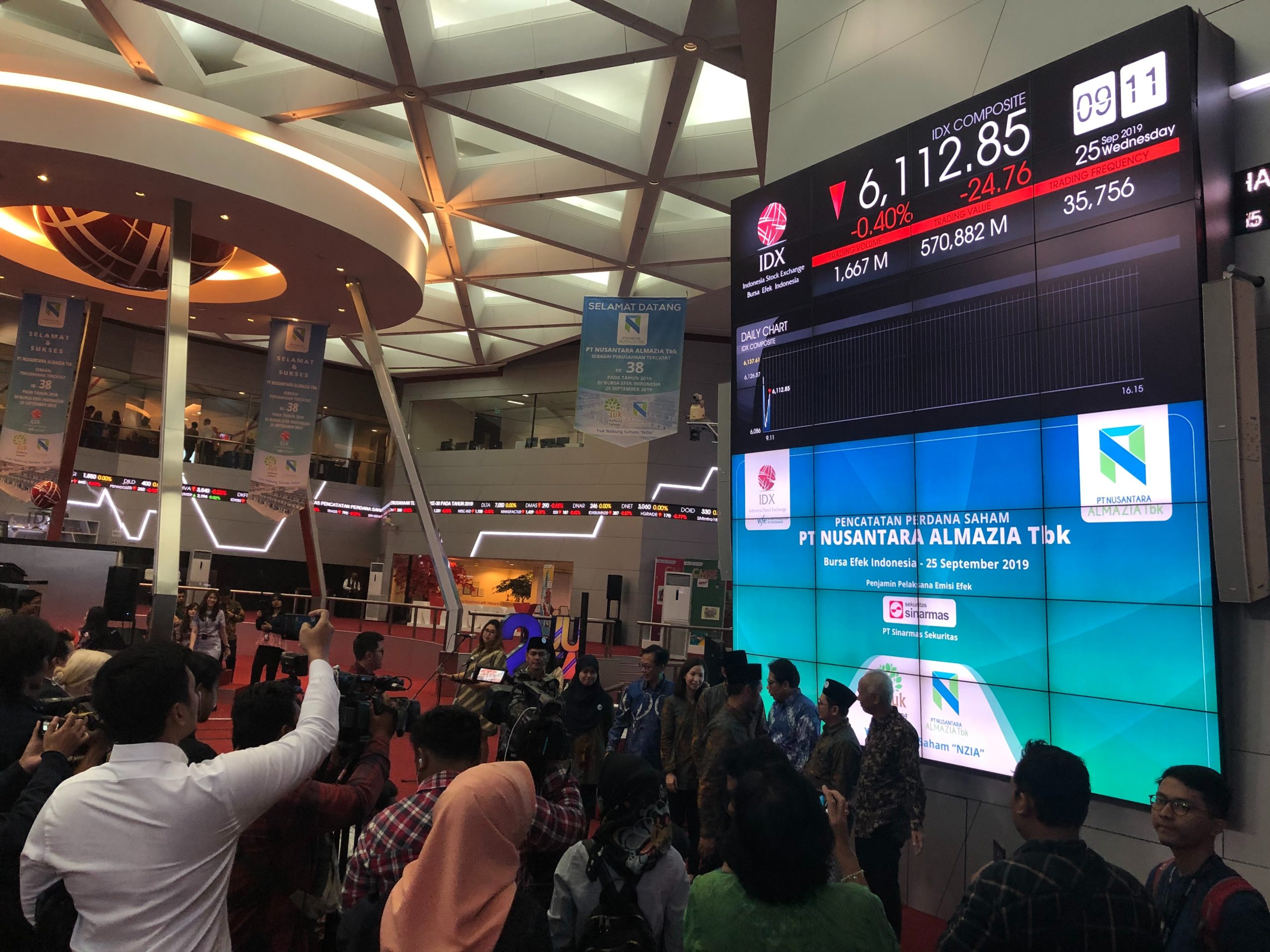A Robo-advisor is a software that’s operated by a financial conciliator. It’s grounded on an algorithm and offered to clients online. The financial conciliator is subject to financial-economic regulation. The major advantage of Robo-advisory is that it can be more effective and therefore cheaper for investors, performing in advanced returns. The setup of Robo-premonitory leads to some specific problems, similar to the standardized commerce between man and machine, the lack of transparency of the investment process, the threat of defective algorithms, Utmost ultramodern Robo-advisors give investment advice as well as portfolio operation. Man-made commerce with the client is generally limited to client care. Robo-advisors substantially invest in exchange-traded finances (ETFs) and try to diversify their portfolios to alleviate investment threats. The EU’s crucial legislation for financial interposers and investor protection is the MiFID2. The concrete way of operation in practice is occasionally unclear. Investment enterprises that operate Robo-advisors may give both investment advice and portfolio operation under the Directive. They perform algorithmic trading under Art. 17 MiFID2, which means they must take extra measures to keep the system safe and functional.

Government rules in the EU regarding Robo-advisors
The rules regarding the assessment of appropriateness don’t raise specific problems. The lack of standardization of questions could be addressed by further precise guidance by the European Securities and Markets Authority (ESMA).
Conflicts of interest are of particular concern because their exposure rests on the idea that the other party can factor the bared information into their decision. This isn’t possible for automated algorithmic opinions. Disclosure can only be effective during the original stage of the Robo-premonitory process. Therefore, the algorithm should only be allowed to carry out “ collided” opinions automatically during the rebalancing process if they’re easily in the better interest of the customer. This process needs to be enforced into the algorithm itself. Investment enterprises must keep records of all conflicts of interest and enable the public controllers to reproduce the decision-making process. Third-party payments are substantially banned for independent Robo-advisors, whereas they’re allowed (if they aren’t common) for non-independent Robo-advisors, who also need to expose them in the original stage of the Robo-premonitory process. MiFID2 provides a suitable frame for these issues.
Another major recommendation of this study is the streamlining of the different information mechanisms, to make sure that important information isn’t lost between insignificant information.
MiFID and MiFID II European laws
MiFID ( Markets in Financial Instruments Directive) is a European Union law that provides regulation for investment services. It came into force in 2004 and it was enforced in 2007 when it replaced the former Investment Services Directive (ISD). MiFID has radically founded the legal framework for the immolation of investment services. It ensures the top degree of adjustment necessary to give investors a high position of protection and to allow investment enterprises to give services throughout the Community on the basis of the supervision of the home Member State.
The MiFID directive regulated the EU economic market requests until January 2018. From January 3, 2018, the new MiFID II directive, whose performance is regulated by the MiFIR ( Market in Financial Instrument Regulation), came into force, replacing the former European regulations.
MiFID II covers a larger group of companies and financial products. It incorporates the objects of the original directive but amplifies its coverage and introduces important changes along the entire chain of fiscal institutions. The most significant impact is how the company interacts with the market, with clients, and with all the parties involved in the deals.
Operation of MiFID regulations
The operation of MiFID involves some substantial legal scores for regulated enterprises. First, enterprises must be authorized by the competent civil authority For that, they need to satisfy different conditions, for example having sufficient opening capital funding. Further several conducts of business norms have to be met when offering the service. Those norms for illustration correspond to scores to give information to the customer about the establishment and the service. Also to collect applicable information from the customer
in order to be suitable to give a suitable recommendation (“ appropriate test”). The recent is considered to be one of the most important conditions for investor protection. Also, all necessary ways to help a conflict of interest have to be taken by the establishment Since
MiFID II came into force. Robo-advisor and other institutions see themselves faced with extra nonsupervisory burdens. The new law prescribes large quantities of information to be obtained about the customer, to be presented to the customer, and to be proved.
One of the foremost objects of financial regulation is to ameliorate the functioning of the
Fiscal system. To that end, controllers and houses have linked a number of common objects along which a non-supervisory frame is developed. Among these are establishing consumer protection, fiscal stability, and ( good) competition.
Take away
Stifles invention, competition, and eventually profitable growth. By following a
technology-neutral and commensurate approach, the non-supervisory frame in the EU seeks to achieve those principles in a dynamic way that’s adaptable to new technologies. The
emergence of a new, potentially disruptive power in the market is a good occasion to Estimate the rules in place and re-assess whether their beginning principles and objects are still effectively achieved.









